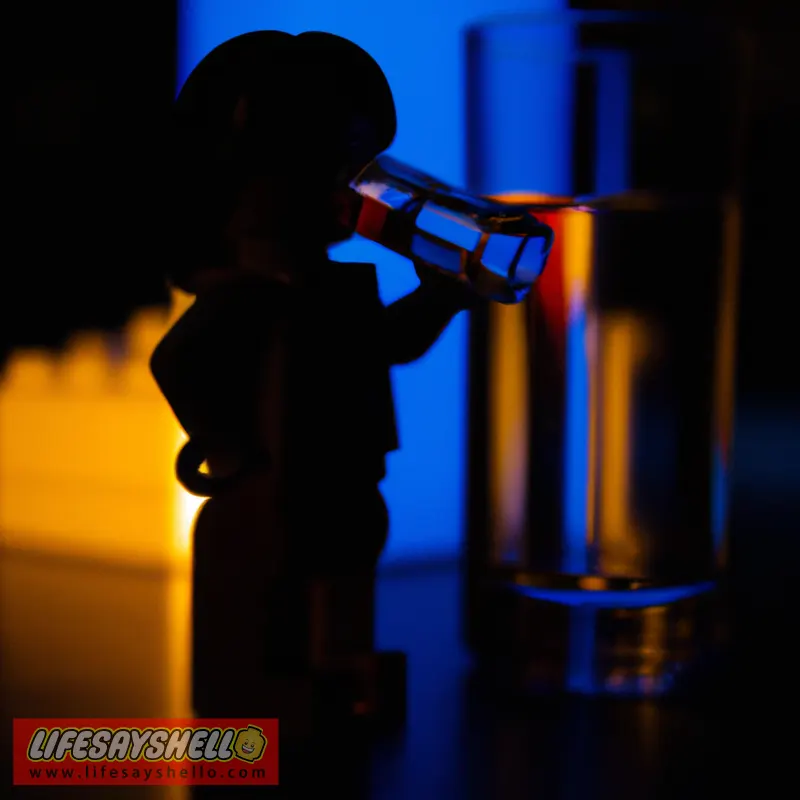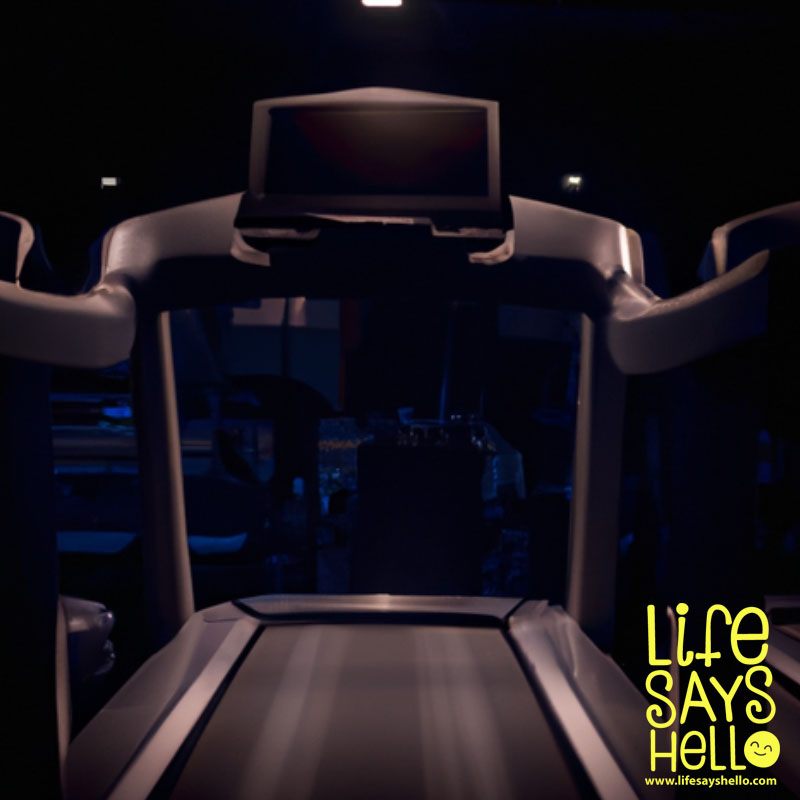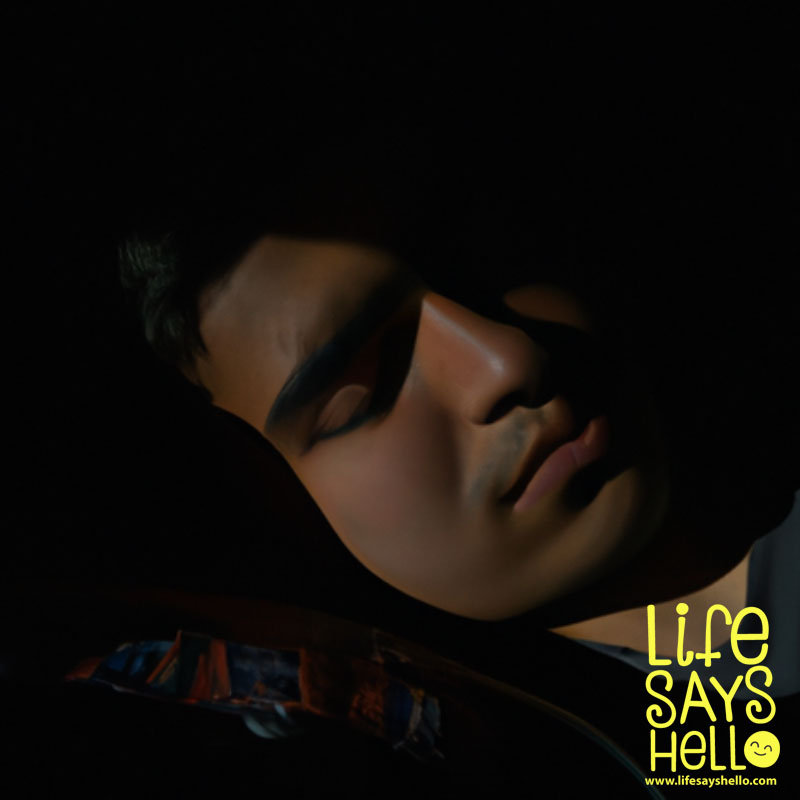Why Does Water Give Me Heartburn at Night?

Have you ever woken up in the middle of the night with a burning feeling in your chest and throat after drinking water? If so, you may be experiencing a common symptom of acid reflux called water brash.
Water brash causes excessive saliva production that mixes with stomach acid, leading to painful heartburn at night. In this comprehensive guide, we’ll explore the causes of nighttime water brash, tips to prevent it, and when you may need to see a doctor.
What is Water Brash?
Water brash, also known as pyrosis, refers to a surge of saliva in the mouth that occurs due to gastroesophageal reflux disease (GERD). The saliva mixes with stomach acids, causing a burning sensation behind the breastbone that can feel similar to heartburn.
Water brash is different from regurgitation, which is when you experience a backflow of undigested food or stomach contents into the esophagus. While regurgitation may be accompanied by saliva, the hallmark of water brash is excessive saliva production.
What Causes Water Brash at Night?
There are several reasons why water brash may occur at night:
Lying Down Aggravates Reflux
When you lie down, it's easier for stomach contents to reflux back up into the esophagus. Gravity is no longer working to keep the acidic contents down, and being horizontal can cause the lower esophageal sphincter to relax. This increases the risk of acid flowing backwards.
Increased Saliva Production Overnight
Saliva production can increase at night while you sleep. Combine this with the fact that you are lying down, and it's the perfect setup for water brash. The extra saliva washes over the stomach acids that have crept back up, causing that burning chest pain.
Dehydration Overnight
Not drinking enough water during the day, or becoming dehydrated overnight while sleeping, leads to a more concentrated, acidic mix in the stomach. This acidic gastric juice is more likely to cause symptoms of reflux when it flows backwards.
Eating Too Close to Bedtime
Eating a large meal too close to your bedtime means your stomach has not had a chance to adequately digest and empty the food. The remaining food and gastric juices are more prone to back up into the esophagus once you lie down.
Trigger Foods and Beverages
Certain foods and drinks are common heartburn triggers that can set the stage for nighttime water brash. These include spicy foods, citrus fruits, tomatoes, carbonated beverages, alcohol, chocolate, coffee, and mint. Consuming them in the evening can increase the chance of reflux.
Tips to Prevent Nighttime Water Brash
Making certain lifestyle changes and being mindful of what you eat and drink in the evening can help reduce your chances of water brash at night:
Avoid Drinking Large Amounts Before Bed
Drink most of your water and other beverages earlier in the day and avoid large amounts within 2-3 hours of lying down. Just 8 ounces can trigger water brash if you're prone to it.
Elevate the Head of Your Bed
Let gravity help keep acid down by propping up the head of your bed by 4-6 inches. You can use bricks, blocks, or specialized bed risers to create an incline.
Avoid Food and Drink Triggers
Eliminate any foods, beverages, medications, or supplements in the evening that seem to make your reflux worse. Stick to non-acidic options before bed.
Use Antacids Wisely
Over-the-counter antacids containing calcium carbonate or magnesium can help neutralize stomach acid. However, avoid overuse as they can cause side effects.
Don't Lie Down After Eating
Wait at least 2-3 hours after your last meal before going to bed. Use this time to digest and allow the stomach to empty somewhat.
Wear Loose Fitting Clothes
Avoid tight pajamas or nightclothes that put pressure on your abdomen and can worsen reflux. Choose soft, loose cotton fabrics if possible.
Try Sleeping on Your Left Side
Sleeping on your left side may keep the junction between stomach and esophagus above the level of gastric acid, reducing reflux.
Avoid Mint Products
Peppermint tea, mint gum, and mint flavorings can lower esophageal sphincter pressure and make heartburn more likely. Avoid them before bed.
Chew Gum After Meals
Chewing gum promotes saliva production, which can help clear stomach acid from the esophagus and improve symptoms.
When to See a Doctor
If you experience frequent heartburn and water brash that disrupts your sleep, make an appointment to see your doctor. They can help diagnose whether GERD is causing your symptoms and rule out other conditions.
See a doctor right away if you experience:
- Frequent heartburn and water brash more than twice a week
- Difficulty swallowing or pain with swallowing
- Persistent sore throat or hoarseness
- A chronic cough, especially at night
- Vomiting with small amounts of blood
- Unexplained weight loss
Your doctor has several options to help treat nighttime water brash and GERD:
- Prescription-strength medications to reduce acid production, such as proton pump inhibitors like omeprazole. These are more effective than over-the-counter options.
- Medications to improve the motion of the esophagus and strengthen the lower esophageal sphincter.
- Recommendations for diet and lifestyle changes to prevent reflux and water brash.
- Referral to a gastroenterologist if needed for additional testing.
If symptoms have persisted for more than two weeks or severely disrupt your sleep, it's a good idea to see your doctor. They can also rule out more serious conditions that may be causing your symptoms, such as peptic ulcers.
Don't let heartburn and water brash cause you to dread drinking water before bed. Visit your doctor to discuss treatment options so you can break the nighttime heartburn cycle. With proper management, you can stay hydrated and avoid that burning chest pain.




Comments